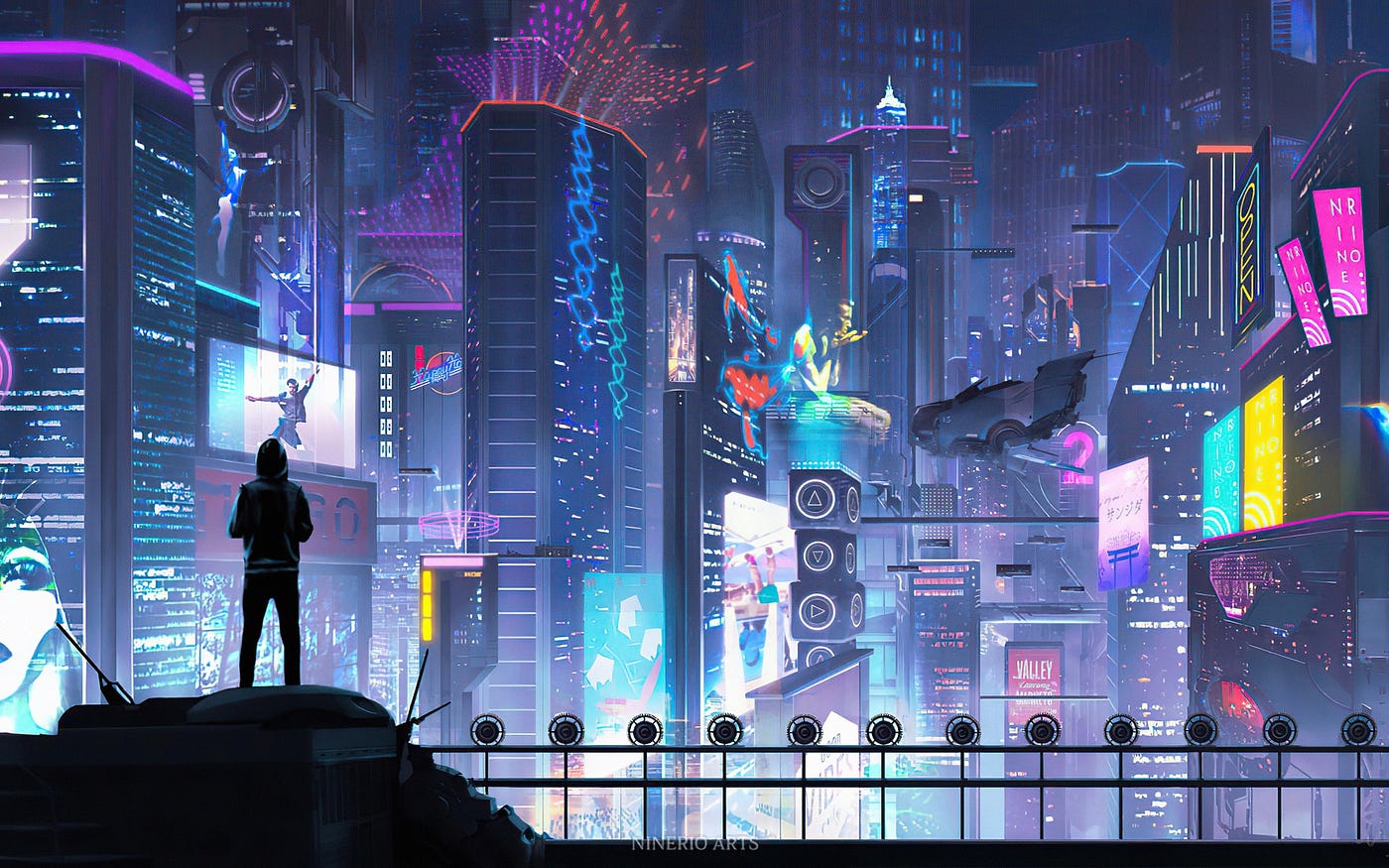
Photo by RareGallery
What's up with the sudden hype about generative AI?
The release of ChatGPT in late November 2022 of dramatically shaken up the tech industry throughout 2023 as enterprises race to find applicable generative AI use-cases for their companies. As we are approaching the end of 2023, the hype around generative AI has yet to slow down.
And what exactly is generative AI?
Generative AI refers to a branch of artificial intelligence focused on creating data or content that appears to be created by humans. Generative AI has the ability to generate a diverse range of original content, spanning from images, videos, music, and speech to text, software code, and product designs all from existing data. Today, generative AI is most commonly used to create content in response to natural language requests, however the enterprise use cases for it are limitless.
To give you an idea of the power that generative AI holds, check out this AI-generated picture I made of a Lego product that doesn't actually exist:

AI-generated Lego Photo
Crazy how realistic it is right? Now take this and imagine the potential this could have on the future!
The Research
Gartner foresees that an astonishing 80% of enterprises will adopt generative AI APIs and models, integrating generative AI-enabled applications into their production environments. This marks a significant surge from the mere 5% recorded in early 2023!
According to Arun Chandrasekaran, Distinguished VP Analyst at Gartner, "Generative AI has become a top priority for the C-suite and has sparked tremendous innovation in new tools beyond foundation models. Demand is increasing for generative AI in many industries, such as healthcare, life sciences, legal, financial services and the public sector."
The 2024 Outlook
Going into 2024, Generative AI is poised to continue making significant strides across various industries. Here are a few ways it might continue dominate the tech industry:
1️⃣ Augmented Creative Capabilities 🎨
- Content Creation: Generative AI will elevate content production, facilitating the creation of varied media types such as art, music, videos, and written content more efficiently and at scale.
- Design and Prototyping: We will start seeing people use AI to aid in producing prototypes and designs tailored to precise parameters and unique perquisites.
2️⃣ Personalization and Customization ✂️
- Marketing and Advertising: More people will start using AI-generated personalized marketing campaigns as the new form for advertisement. This will allow them to tailor content to individual preferences for higher engagement and conversion rates.
- Product Customization: Companies will start leverage generative AI to create personalized products or services, catering to specific customer needs. Especially with the raise of generative AI images, this will become especially prevalent in 2024.
3️⃣ Problem-Solving and Innovation 🧪
- Scientific Research: Scientists will start incorporating AI to accelerate scientific discovery by aiding in simulations, data analysis, and hypothesis generation across various scientific domains.
- Innovation and Ideation: AI could assist in brainstorming and ideation processes, suggesting novel ideas or solutions based on historical data and trends. In the realm of product design and engineering, as generative AI gets better at helping write code and doing code reviews, product designers can focus more of their energy on coming up with new creative ideas.
4️⃣ Automation and Efficiency ⚙️
- Process Optimization: Generative AI will begin to optimize workflows and automate routine tasks in various industries, improving efficiency and reducing operational costs. We see this in robotic process automation companies like Automation Anywhere and Blue Prism has already started marketing generative AI in their applications.
- Decision-Making Support: AI systems could provide real-time insights and recommendations, assisting in decision-making processes for businesses, for example, legal document automation with AI.
The Dangers of generative AI
Generative AI, like any powerful technology, comes with potential risks and challenges. Will generative AI take over the world someday? Maybe, but that's not what we need to focus on in 2024. As generative AI evolves in 2024, there will be many ethical questions raised. In particular, AI-generated content will raise ethical questions about ownership, authenticity, and the impact on industries like art and journalism. Since generative AI is trained on past data, there will indefinitely be biases and discrimination. AI models can inherit biases present in the data they are trained on, leading to biased or discriminatory outputs, perpetuating societal prejudices. How we address these dangers will require a combination of regulatory frameworks, ethical guidelines, and responsible deployment practices to ensure the ethical and safe use of generative AI technologies.
Conclusion?
Ultimately, the outlook for generative AI in 2024 looks highly promising and is evolving rapidly. The outlook for generative AI in 2024 will continue to be one of expansion, innovation, and increasing integration into various sectors. Of course, the dominance of generative AI in the tech industry will depend on continued research, innovation, and responsible application to address challenges and unlock its full potential. The overarching trend, however, indicates a continued expansion and deeper integration of generative AI across various facets of society and industry.
Comments
Loading comments…